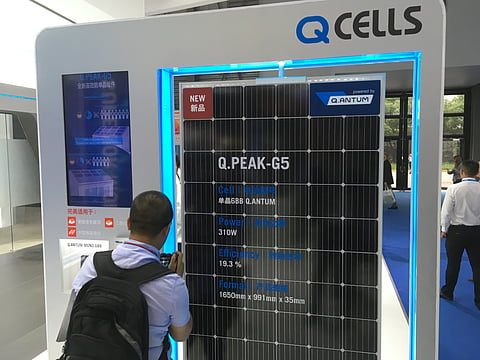

Following South Korean solar module maker Hanwha Q Cells' complaints of patent infringement in March 2019, the United States International Trade Commission (USITC) has announced it will launch an investigatio. Hanwha had requested the US agency to investigate the matter and also issue an exclusion order for JinkoSolar, LONGi Solar and REC Group from importing, marketing and selling products built using the technology in question in the country (see Hanwha Complains Of Patent Infringement).
USITC will investigate the matter under Section 337 of the Tariff Act of 1930, which relates to unfair competition in imports of products and their sale into the country, as well as to patents and copyrights. The case will be assigned to one of the agency's administrative law judges (ALJ) who will then schedule and hold an evidentiary hearing. The ALJ will initially determine whether there has been a violation of Section 337 which will then be reviewed by the commission.
In the process to be followed for the purpose of the investigation, USITC will set a target date for completion of the investigation within 45 days after the investigation launch.
Hanwha has accused the three global module manufacturers of infringing on its patented passivation technology that it has been using for its Q.Antum solar cells since 2012.
The infringement claims have also been filed in Germany and Australia by the South Korean company. In Australia, the company has also included REC Group's local distributors BayWa r.e. and Sol Distribution in its complaints (see Hanwha' Patent Lawsuit Expands Scope).
.png?w=50&fm=png)